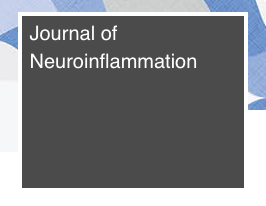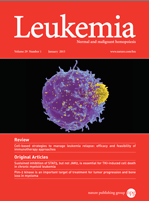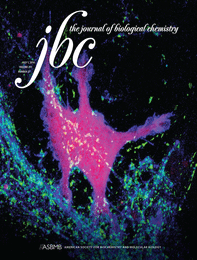An autism researcher is retracting a paper she shared with the director of a New York institute, following a misconduct investigation.
In 2011, suspicions raised by peer reviewers triggered the investigation into several papers by Xiaohong Li at the Institute for Basic Research in Developmental Disabilities (IBR) in New York. The probe concluded in 2013 that there was no evidence of misconduct, but the committee recommended the institute review all relevant papers. This additional review led to the latest retraction, the result of problems with figures which “underpin the conclusions of the study.”
This is Li’s third retraction, all of which she shares with W. Ted Brown, the director of IBR. The pair lost two articles in 2013.
Here’s the retraction notice for “Alteration of astrocytes and Wnt/beta-catenin signaling in the frontalcortex of autistic subjects,” published in the Journal of Neuroinflammation:
Continue reading Institute director loses third paper following investigation







